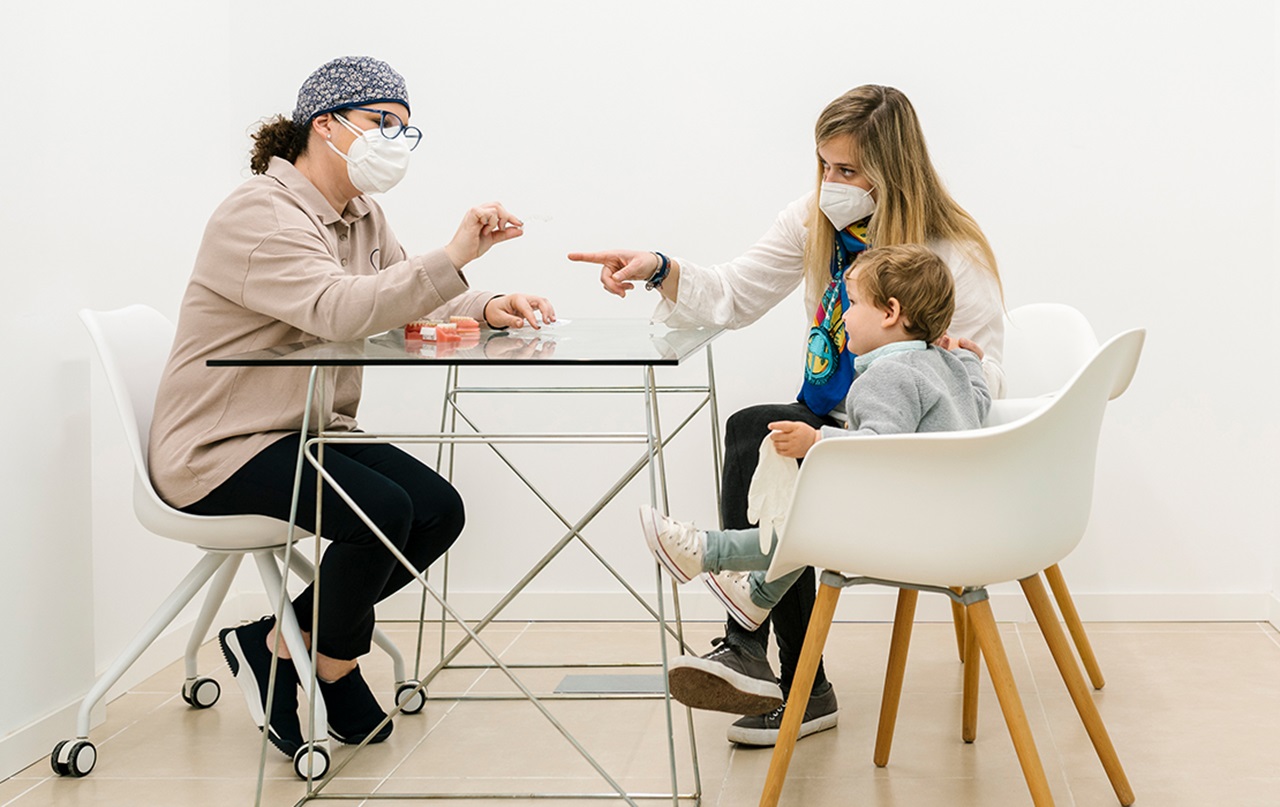The ADA offers the following questions that parents and guardians should ask concerning in-office sedation or general anesthesia for their children provided either by the dentist or by a separate sedation/anesthetic practitioner in that dental office. The ADA suggests talking with your dentist about any concerns you might have about the treatment plan prior, during and after the procedure. Download a PDF of these questions.
Prior to the procedure:
-
Who will evaluate my child before the procedure, including their past medical history such as allergies, current prescription and over-the-counter medications and previous illnesses and hospitalizations?
-
How long should my child go without food or drink prior to the procedure (with the exception of necessary medications taken with a sip of water)?
-
Will I be giving any sedation medication to my child at home prior to their coming to the office and, if so, what should I be on the look-out for?
-
For children, the American Dental Association supports the use of the American Academy of Pediatrics/American Academy of Pediatric Dentistry Guidelines for Monitoring and Management of Pediatric Patients During and After Sedation for Diagnostic and Therapeutic Procedures.
-
-
What training and experience does the person providing sedation or anesthesia for the procedure have?
-
Do assisting staff have emergency training? Do they renew their training regularly?
-
Does the dentist have all the permits or licenses required by the state dental board to provide the planned level of anesthesia or sedation?
During the procedure:
-
In addition to the use of local anesthesia (numbing), what level of sedation or general anesthesia will be given to my child? Is it minimal sedation (relaxed and awake), moderate sedation (sleepy but awake), deep sedation (barely awake) or general anesthesia (unconscious)?
-
How will my child be monitored before, during and after the procedure until the child is released to go home? Will there be at least two people with the proper training and credentials present during my child's procedure? Are the appropriate emergency medications and equipment immediately available if needed, and does the office have a written emergency response plan for managing medical emergencies?
After the procedure:
-
Will the sedation/anesthesia provider give me instructions and emergency contact information if there are any concerns or complications after returning home?
Last updated August 2025.
